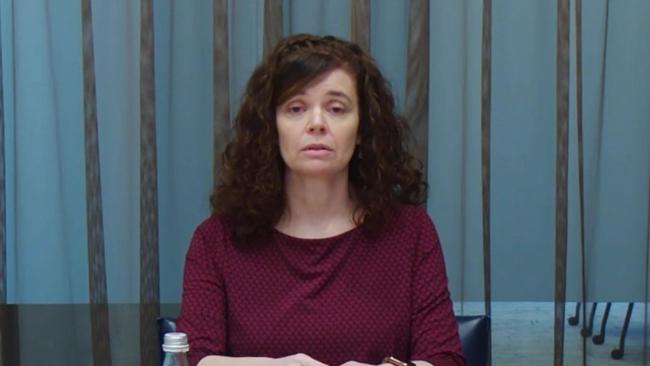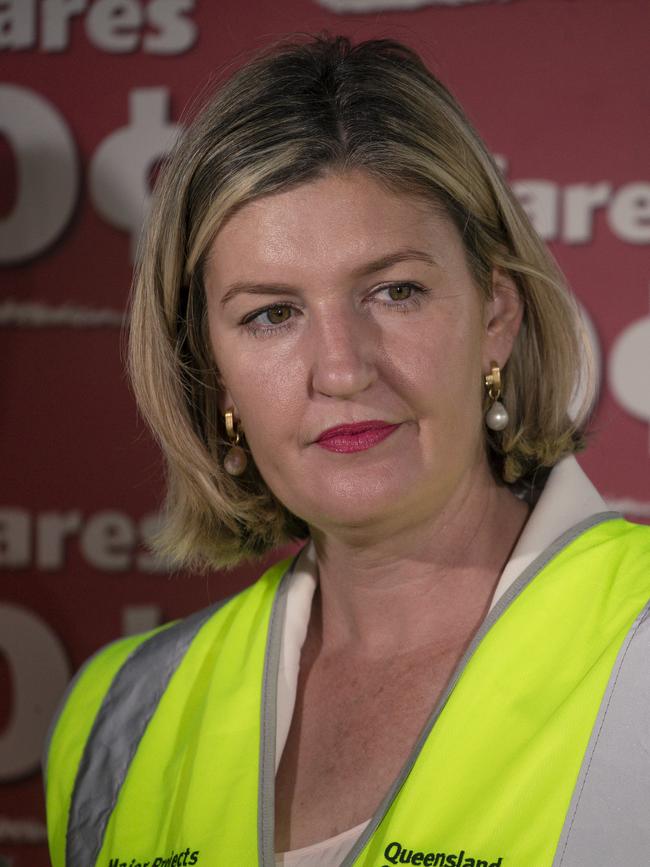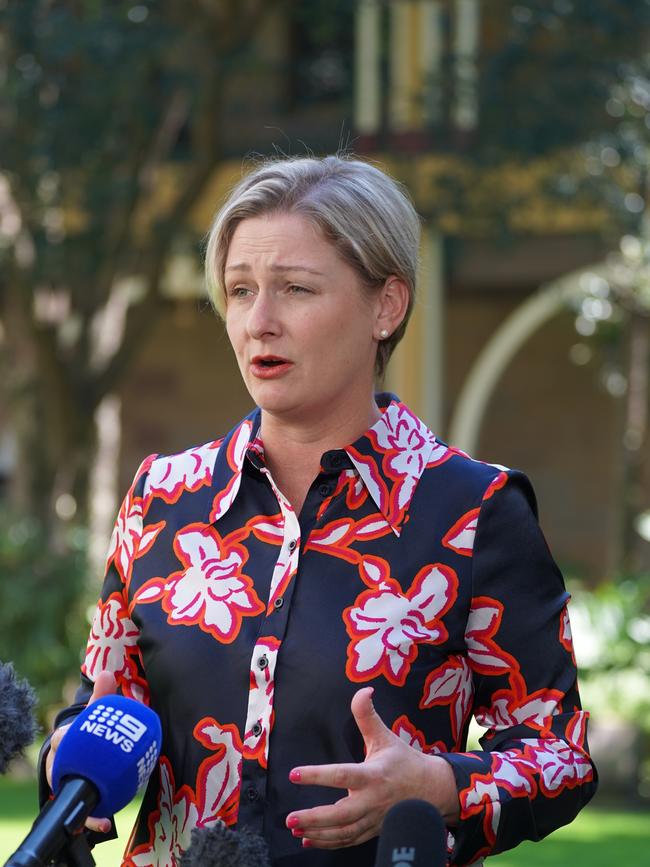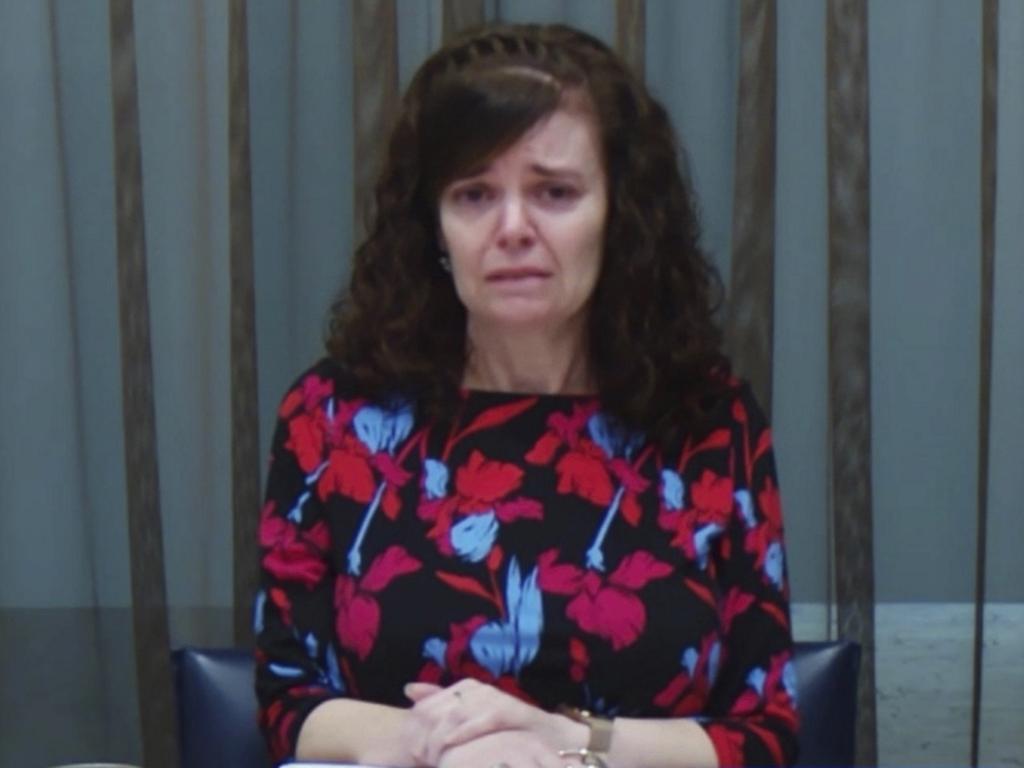Queensland courts narrow DNA testing scope to clear criminal case backlog
Courts are narrowing the scope of DNA testing in Queensland, with delays at the government-run forensics lab wreaking havoc on its criminal justice system.

Courts are narrowing the scope of DNA testing in Queensland in a move to speed up a backlog of murder and rape cases plagued by lengthy delays for crucial forensic results.
Testing delays at the government-run DNA lab are wreaking havoc on Queensland’s criminal justice system, with “100-plus” murder and manslaughter cases trapped in lower courts until forensic evidence can be analysed.
The lab is struggling to keep up with current demands as it implements recommendations from two commissions of inquiry and conducts a historical review of more than 40,000 major crime cases embroiled in a testing fiasco dating back to 2007.
The Australian can reveal that a new “pilot project” was this month rolled out for sexual assault cases before the District Court, which will cut down the amount of forensic testing conducted.
Prosecution and defence lawyers will be required to attend a review hearing to determine what facts are in dispute and which DNA samples should be tested.
A new “practice direction” has also been issued by Chief Justice Helen Bowskill, requiring forensic scientists to provide greater detail about what tests they have conducted and any limitations in techniques used.
At an information session on the new direction, which began in July, veteran Supreme Court judge David Boddice warned that it was the “only way to get ahead” of the backlog.
“DNA is an enormous problem in Queensland and the way things are, if we continue as we are, they will never catch up,” he said at the June session.
“If Forensic Services is required to do all 50 samples in a particular case, they only have a finite number of people who can report, and it will be years before any cases will go ahead. At the moment there is something like 100-plus murder/manslaughter matters in the Magistrates Court that are not progressing because of the DNA.”

Referencing a 14-month delay on results in a rape case, Justice Boddice – a member of the Queensland Court of Appeal – said: “That is not a justice system, we have to address that problem”.
“We have to face reality and this practice direction is a good example of where the profession has to jump on board, be co-operative and really think about what truly is the issue and narrowing down what the expert is to consider.”
Forensic biologist Kirsty Wright, who exposed Queensland’s DNA lab disaster on The Australian’s podcast series Shandee’s Story, said the lab’s failure to provide timely DNA evidence was prolonging victims’ trauma.
“The DNA testing delays have grinded Queensland’s justice system to a halt and don’t appear to be getting better any time soon,” she said.
“Forensic Science Queensland have previously stated they are prioritising testing for cases before the courts. It doesn’t get any more urgent than murders and rapes. Queensland needs access urgently to properly functioning DNA service.”
The new directive comes as an explosive audit report reveals rape victims are still waiting up to nine hours in public hospitals to have potentially vital DNA extracted in forensic medical examinations.
The state Labor government has been aware of rape victims’ struggle to access forensic medical exams since at least 2019 when a previous audit found hospitals had turned victims away because there was no trained staff.
Senior police have for more than a decade also raised concerns about Queensland Health’s failure to provide timely care to sexual assault victims.
Health Minister Shannon Fentiman last June pledged that all public emergency department doctors would be required to learn how to conduct forensic medical exams and issued a ministerial directive in November requiring rape victims to be seen within 10 minutes of presenting to hospital.
In the latest audit report, tabled to parliament on Friday, Auditor-General Rachel Vagg found Queensland Health did not know how many “active and dedicated” forensic examiners there were and did not monitor whether hospitals were delivering timely examinations.
“As such, it does not know how the hospitals carry out the examinations or whether victims continue to experience lengthy delays in waiting for them,” she wrote.
“Only one of the four Hospital and Health Services we audited has recorded the time it took to begin a forensic medical examination.
“Between January and March 2024, it took an average of three hours to do this after a victim presented. In one case, a patient had to wait nine hours at a hospital before a doctor started the forensic medical examination.”
Ms Vagg found this was because of staffing shortages and limited data, she was unsure whether it was an isolated case.
Public servant whistleblowers have also sounded the alarm on delays. One source told The Australian that the state’s largest hospital, the Royal Brisbane and Women’s Hospital, “continues to refuse to train doctors to perform sexual assault examinations and does not have enough nurse examiners to cover a 24/7 roster, with child victims as young as 14 having to wait hours for an examiner to attend”.


The Liberal National Party’s spokeswoman for the prevention of sexual violence Amanda Camm said the audit report was a damning indictment on the third-term Labor government.
“These rape victims deserved more than parliamentary platitudes about 10-minute benchmarks when they were left to languish for hours on end,” she said.
“This is utterly unforgivable and is more proof nothing will change unless we change the government.”
In a statement, Chief Medical Officer Catherine McDougall said there were 33 clinical staff rostered to provide forensic medical examinations at the RBWH and the personnel “works together” to cover staffing gaps.
Dr McDougall said “significant improvements” had been made after Ms Fentiman issued the ministerial direction last year.
“Since the ministerial direction took effect, more than 90 per cent of victims who present to our hospitals disclosing a sexual assault are receiving care within 10 minutes. It means more sexual assault victim-survivors are receiving care sooner than ever before.”
Just 202 doctors have been trained to conduct forensic medical exams of the about 740 ED specialists and senior medical officers and the 1400 residents who rotate through the department.
Dr McDougall said 222 nurses had also been trained in the past 15 months, with at least 720 clinicals now able to conduct the exam across the state.
In 2019, then-health minister Steven Miles said training for staff to undertake rape kits was a “priority” for the government.
Ms Fentiman said she issued the directive to “ensure victims of sexual assault were seen in a timely, trauma-informed way”.
“I’m confident with the $56m we have set aside in this year’s budget to increase the workforce, boost training and offer more services like psychosocial supports, we will continue to see improvements”.






